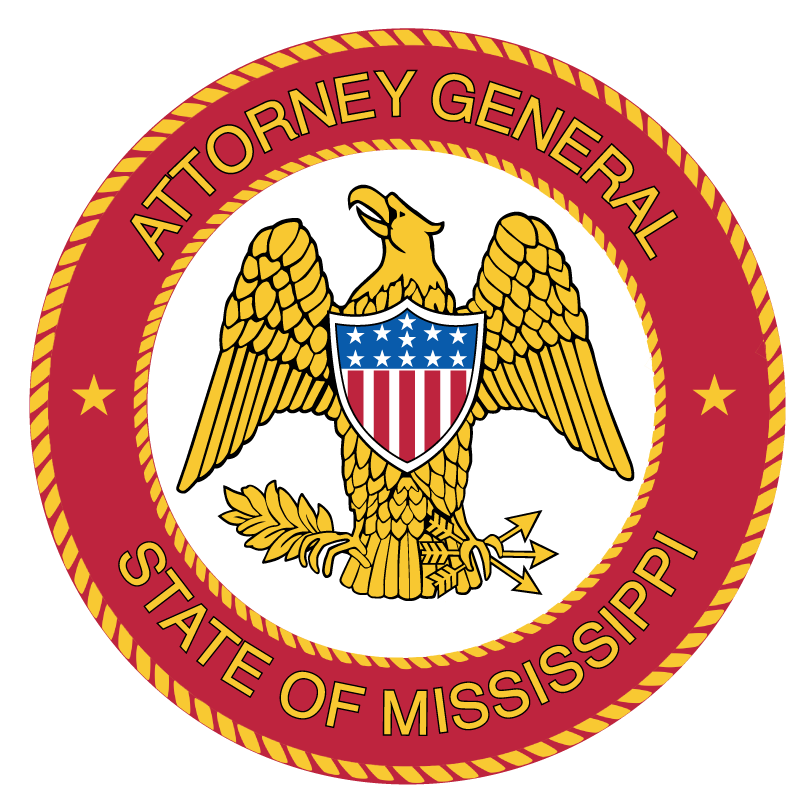By Attorney General Lynn Fitch
Since the turn of the century, the opioid epidemic has ravaged communities across the U.S. From 1999 to 2018, nearly half a million Americans lost their lives from an overdose involving opioids, including prescription and illicit opioids. While one life lost to drug addiction is too many, nearly half a million lives lost is both horrifying and unconscionable.
This epidemic is a true non-partisan, equal-opportunity offender, impacting families, neighbors, and communities around the globe. In Mississippi, nearly 60 percent of drug overdose deaths in 2018 involved opioids, just 10 percent below the national average for the same year. It’s a real problem for families across our State, and we are fighting back forcefully.
Since taking office, the Trump Administration has taken an aggressive, whole-of-government approach dedicated to winning the critical battle against opioid abuse. In October 2017, the Administration declared the opioid crisis a public health emergency. In 2018, opioid-involved death rates decreased by 2 percent, prescription opioid-involved death rates decreased by 13.5 percent, and heroin-involved death rates decreased by 4 percent, according to the CDC.
While I am proud of the progress, the Coronavirus pandemic has presented a new set of challenges. Many U.S. states are now reporting a significant rise in drug fatalities for 2020 as isolation has taken a toll on mental health, and in some cases, has led to misuse of legal and illegal substances, including opioid use and abuse.
What’s more, opioids are a central nervous system depressant, and abuse of opioids can lead to respiratory issues and decreased functioning of the immune system. Because opioids and methamphetamine effect respiratory and pulmonary health, users may be more vulnerable to the Coronavirus. And, government-mandated lockdowns and social distancing have resulted in disruptions of treatment. While these lockdowns may have helped to slow the spread of the disease, they made treatment and recovery for those in need significantly more difficult.
I am unwavering in my commitment to end the opioid epidemic in Mississippi. And, I need leaders like you to partner to with me to empower successful and thriving communities across our great State. This leadership starts at home.
According to the 2018 National Survey on Drug Use and Health, 10.3 million Americans misused opioids, including 9.9 million prescription drug misusers. Unused or expired medication in the home, if not properly stored or disposed of, can be dangerous to you and your loved ones. In fact, over 50 percent of abused prescription medication is obtained from family and friends, most commonly found in the home medicine cabinet.
The Attorney General’s Office has partnered with the US Drug Enforcement Administration (DEA) and the Andrew Jackson Council of the Boy Scouts of America for National Drug Take Back Day to raise awareness about the opioid crisis in Mississippi and provide the public an opportunity to safely and anonymously dispose of potentially dangerous, expired, unused, or unwanted prescription drugs.
Join us on Saturday, October 24 at one of the many authorized locations across the State.
Together, we can help protect our families and our communities by keeping prescription drugs out of the wrong hands. We have the power to save lives.
###
If you are a member of the media and have an inquiry, please contact Colby Jordan here.

Contact Us
601.359.3680
P.O. Box 220, Jackson MS 39205
550 High Street, Jackson MS 39201